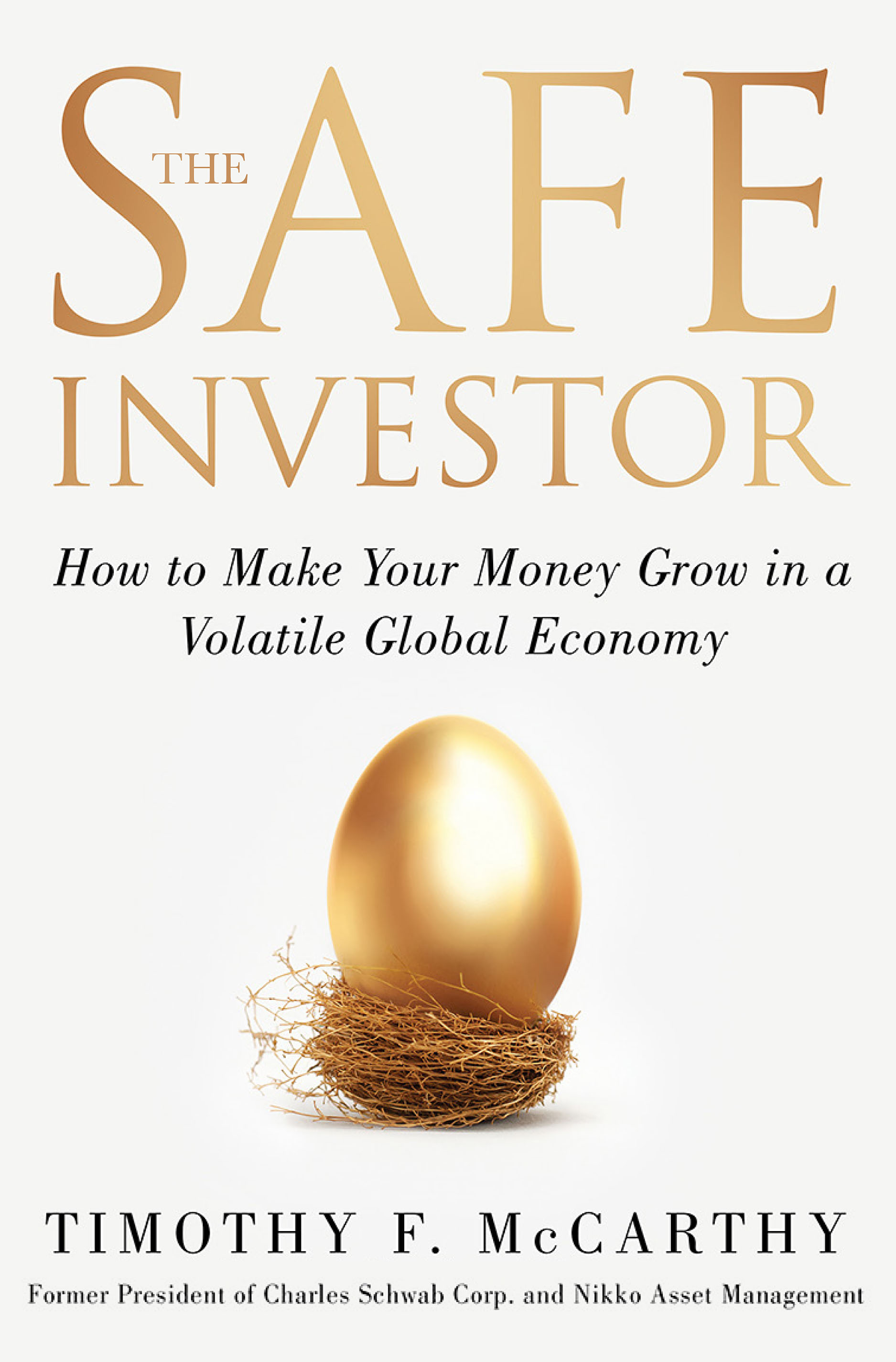Equality, and its After-Effects
There are many in the US troubled over a number of problems:
- Why are wages not rising faster, particularly on the low end?
- Why isn’t the middle class doing better?
I may get a lot of flak over this post, similar to my post Rethinking Comparable Worth, but I think it is better that people understand what is happening, even if they don’t like it.
The world as a whole is getting better, bit-by-bit.? But that includes some places that prosper dramatically, while others sag.
Free trade is a good thing, and I think that free trade agreements should be sought globally.? It helps grow the global economy.? Those benefits are not evenly distributed.? Those whose wages are low relative to others who do the same thing are going to benefit disproportionately.? Those whose wages are high relative to others who do the same thing are going to lose disproportionately.
Here’s the simple way to put it.? If you do the same thing as a guy in China, or any other place, why should you earn something different than him?? What is happening to the lower classes in the US is pressure from the global economy.? There are a lot of people who find the work previously done by those in the US desirable, and at lower prices.? The forces making the world as a whole better off are making the low-skill portions of the US labor force conform to the pay that they get in the rest of the world.
I realize that this is not pleasant, and I spend time helping friends of mine who are affected by this.? But the global move to capitalism has had positive and negative effects on the US — positive for capital, negative for labor.
Some will be offended at this, but you might ask, why should we prevent companies in the US from contracting with foreign workers to do work more cheaply than in the US?? Is there a moral basis to do this?? I don’t think so, as people should be free to have legitimate contracts with those they wish to deal with. (Excluding things in wartime, that is different.)
People outside the US need to be able to improve their well-being.? Same for those in the US.? But what that means is that those wanting to improve their well-being must put a lot of effort forth:
- Be zealous to improve your skills
- Market yourself to many companies
- Start your own company
I know it is tough to do this.? I was unemployed for a short period in 2003, and I put 40+ hours per week into seeking employment.? Seeking a job is a job, you are a one-man firm seeking to sell one unique product one time.? It is tough to do this, but it is the only way to do it.
What you have to understand is that the world is far more competitive than is was before the Cold War ended.? Fifty years from now, the world will be far more equal, and poverty will be far lower than it is today.? (That is, assuming there are no significant wars.)
What I say to my readers is be intelligent,? and seek productive niches in the economy that have some lasting potential.? That’s not true of most of the economy.
Younger people have to get the idea that they need to focus on how their careers will support them economically.
More generally, almost everyone needs to think on a long-term basis.? If you are going to college, aim for things that have the the possibility of giving you a good life over the long haul.? Don’t seek your bliss.? It is rare that your bliss will reward you in the long run.? Don’t seek what makes you happy.? Seek what makes others happy.? That is the true understanding of the golden rule — sacrifice yourself for the good of others, and you will be happy.
That is the secret to economic success — seek what makes others happy, not just yourself.? If you follow this, you will do well enough.? Capitalism exists to make the most people happy.? Other systems exist to control for those who are privileged.
My summary is this: seek the good of others, and look at where demand may growing, and you will do well.
Hoping that you will do well,
David



 Seniors are targets, and not just by those who are regarded as fraudsters. ?I had an older friend who was approached by the sales professionals of a major bank to manage her $3 million portfolio, which was already well-managed. ?They made all manner of promises of what they would do for her, in exchange for a fee on assets — 3%/year.
Seniors are targets, and not just by those who are regarded as fraudsters. ?I had an older friend who was approached by the sales professionals of a major bank to manage her $3 million portfolio, which was already well-managed. ?They made all manner of promises of what they would do for her, in exchange for a fee on assets — 3%/year.